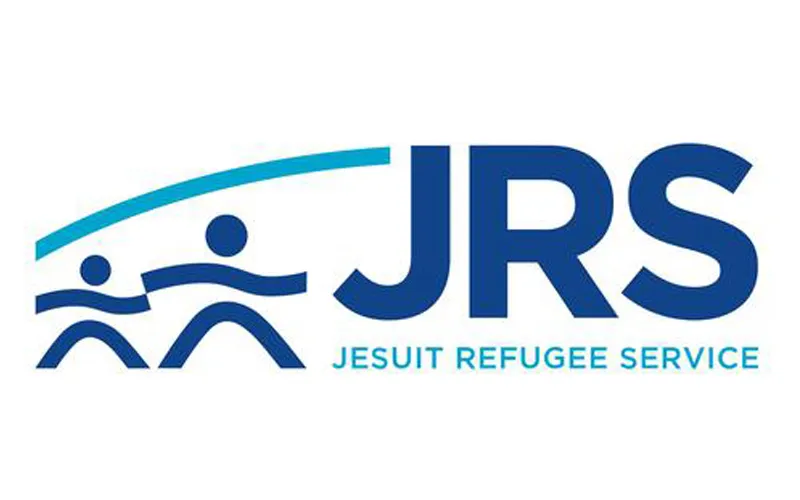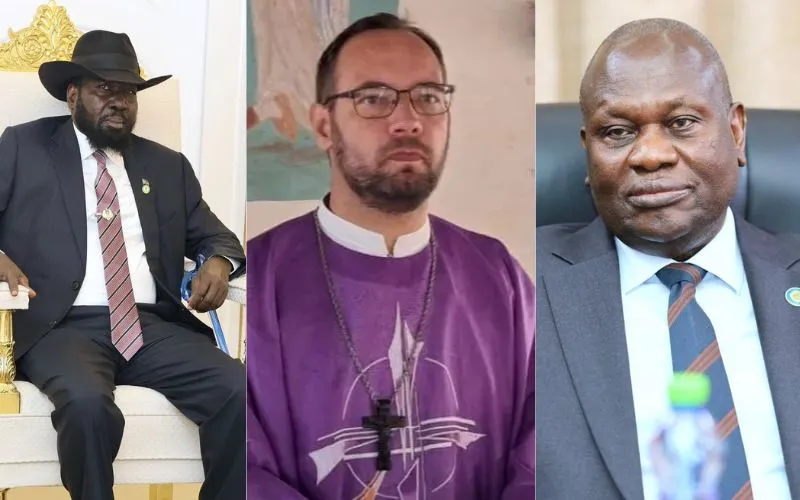Nairobi, 16 April, 2021 / 7:03 pm (ACI Africa).
The leadership of the international refugee entity of the Society of Jesus (Jesuits), the Jesuit Refugee Service (JRS), has urged the Kenyan government to “exert maximum forethought and caution” before implementing its decision to close two major refugee camps in the country.
In a Wednesday, April 14 statement obtained by ACI Africa, JRS leadership “recommends that the Government of Kenya exert maximum forethought and caution in this particular time of uncertainty, wisely considering the legal obligations imposed by international law and the Organization of African Unity (OAU) Convention.”
The legal obligations include “the principle of non-refoulement, the practical limitations of closing large-scale refugee camps hosting more than 410,000 people and the moral obligation to take care of the most vulnerable in society and to pursue the common good,” JRS officials add.
In the statement, officials of the refugee agency that has been running programs in Kenya for the last 27 years acknowledge with appreciation the “efforts and commitment shown by the Government of Kenya to generously welcome and protect refugees and displaced people over the years, playing a lead role within the region and assuring a safe space to thousands of families seeking asylum.”
“JRS also recognizes that the situation in Kenya for forcibly displaced people from Somalia, South Sudan, the Great Lakes and more recently from the Tigray Region in Ethiopia is becoming worse, due to protracted and emerging conflicts and the Covid-19 pandemic,” they add.








